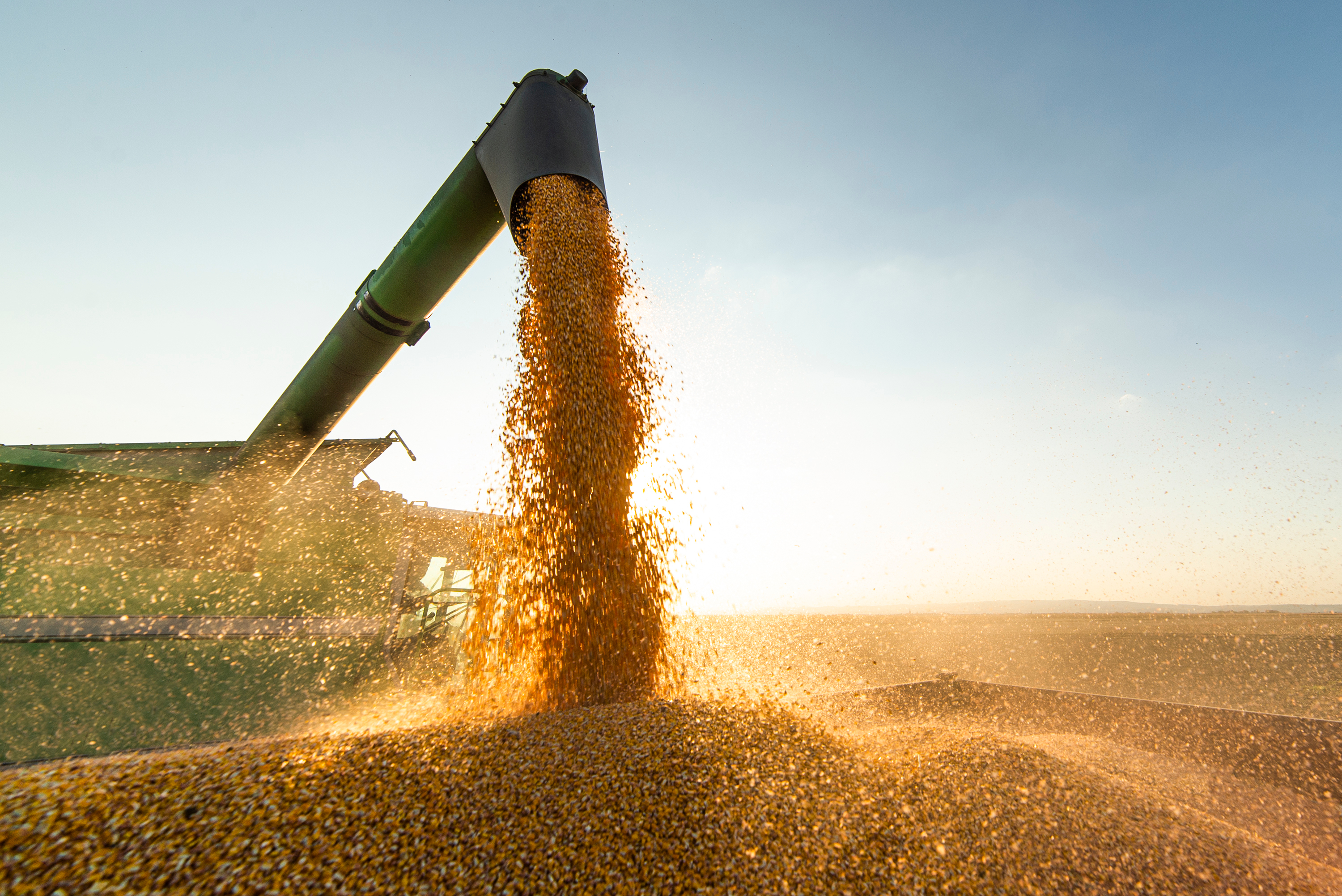Growing demand for plant-based proteins
By 2050, the growth in population means that agricultural production (crop calorie equivalent) will need to increase between 47-61%, along with the manufacturing of food and beverages. United Nations (UN) forecasts estimate that the global population will grow by two billion people over the next 25 years, with a global population of 9.7 billion by 2050, further driving an increase in the consumption of food and beverage products.
The projected growth in demand for plant-based proteins in Australia is substantial. While Australia is expected to retain its status as a significant global producer of premium animal protein products, Australia’s strong agricultural industries can work in a complementary manner to boost plant-based protein output to meet increasing global demand for all types of protein.
Plant-based food and beverage manufacturing sub-sectors are seeing considerable growth in Australia. As an example, revenue in the soy and almond milk sector is expected to grow at a 5.5% compound annual growth rate to 2028, while the health snack foods sector is expected to grow at a 3.1% compound annual growth rate to 2030.
NSW’s competitive advantages:
Suitable crop growing areas and feedstock supply:
High-quality commodities are available to serve as feedstocks for plant-based protein manufacturing. Strategic locations for feedstock supply across regional NSW include Riverina Murray, Central-West Orana, New England North West and North Coast.
Australia’s largest state:
NSW, with a population of 8.4 million people, has Australia’s largest population and an above-average weekly per capita income, driving strong domestic demand.
Market access:
NSW has a well-developed transport and logistics network that provides efficient distribution of commodities across NSW and adjacent markets. Production and manufacturing facilities in regional NSW can reach 81% of the Australian consumer base overnight and, through export-capable ports, have access to growing markets throughout Southeast Asia.
Highly qualified workforce:
Rural and regional areas in NSW have a well-trained workforce and the skills and training infrastructure needed to support the plant-based protein industry, its development and delivery networks. Currently, the food and beverage (F&B) manufacturing sector employs more than 66,000 people – the largest concentration of F&B manufacturing employment in Australia.
World-leading innovation ecosystem:
The NSW research and development ecosystem strongly supports collaboration between manufacturers and researchers across the Department of Primary Industries and Regional Development, universities, CSIRO, government and agribusiness enterprises. This provides a solid platform for the ongoing development of plant-based protein food and beverage products.
Talk to us about plant-based protein manufacturing opportunities
Contact us

